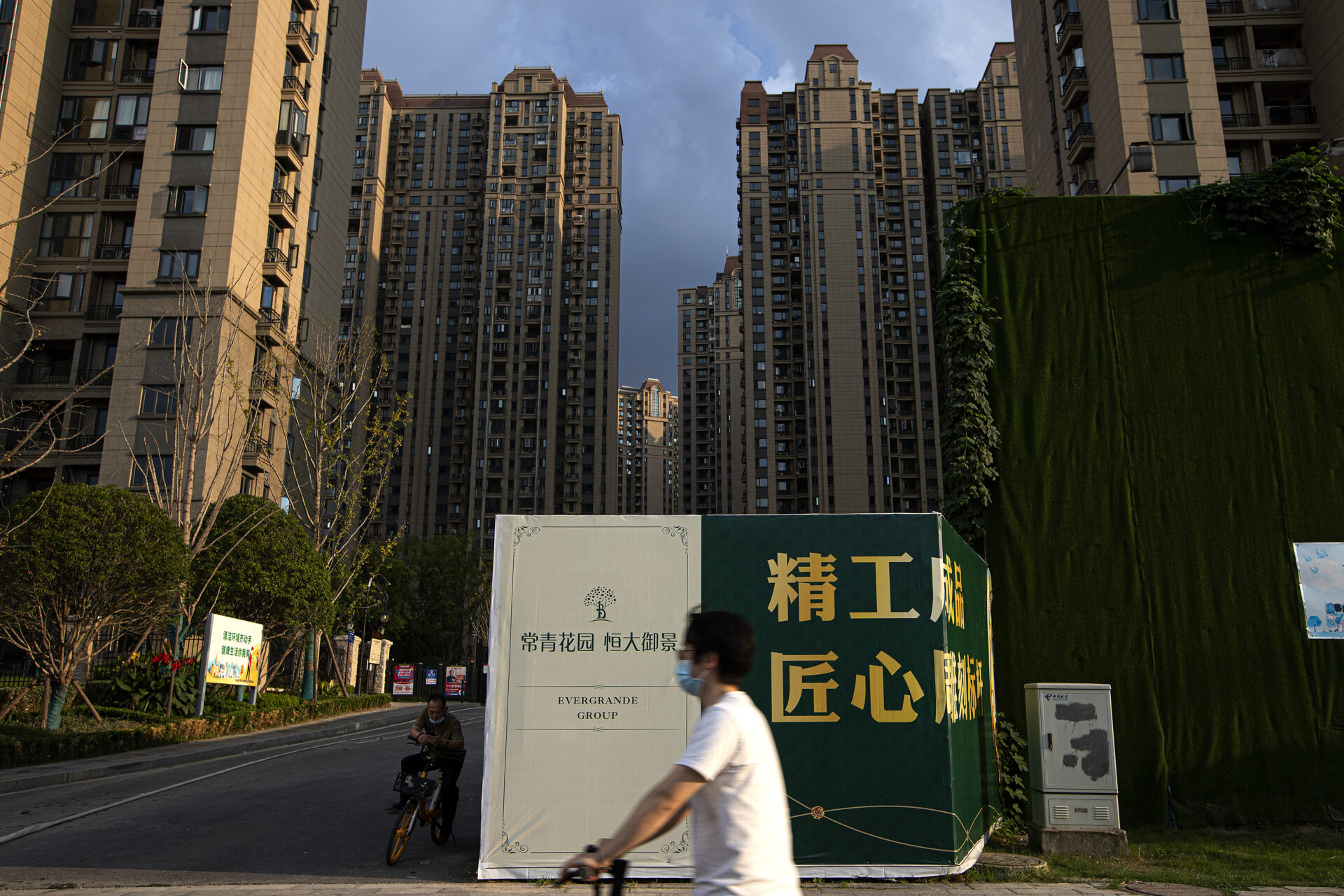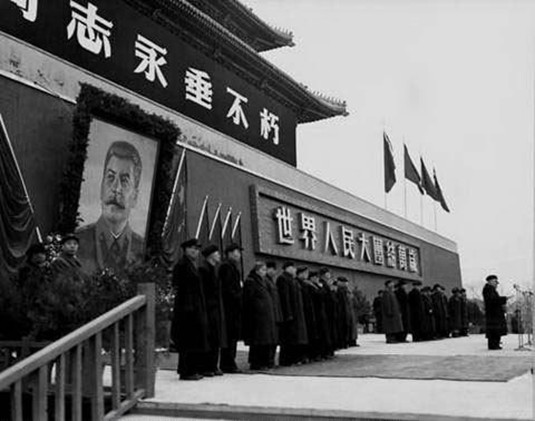China-taiwan Relations After Chen’s Inauguration: Toward A Hands-on Role For The Us?
China-taiwan Relations After Chen’s Inauguration: Toward A Hands-on Role For The Us?
In spite of the overall moderation demonstrated by Chen Shui-bian in his May 20 inauguration speech, China does not seem ready to change its basic attitude towards the re-elected Taiwanese president. Both the fresh proposals that Beijing made on May 17th and its renewed denunciation of Chen’s “separatism” after May 20th, seem to be aimed at weakening Chen and convincing Washington that it should increase its pressure on Taipei at a time when it is mobilized on other fronts.
In his May 20th speech, Chen Shui-bian tried both to rebuild some political consensus on the island (after a still-highly contested election result) and to resume contacts with China. As he was being inaugurated for his second 4-year term, the election result was still under review by the Taiwan High Court, which has to examine some 40,000 ballots questioned by representatives of the candidates. To enhance his domestic legitimacy after a razor-thin victory over Len Chan and James Soong Chu-yu’s “pan-blue” ticket (less than 30,000 votes), Chen developed a more inclusive discourse and a more moderate constitutional reform strategy. Chen has attempted to reunify a community that he and his party, the Democratic Progressive Party (DPP), helped divide, especially during the presidential campaign, often ostracizing Mainlanders while accusing the Kuomintang (KMT) and People’s First Party (PFP) politicians of playing into China’s hand. In his speech, Chen underscored that everyone on the island belonged to Taiwan’s new family (Taiwan xin jiating), a transparent reference to the concept of “New Taiwanese,” first promoted by former KMT president Lee Teng-hui (now a staunch pro-independence figure) during KMT’s Ma Ying-jeou’s campaign for Taipei’s mayorship in 1998. And on constitutional issues, Chen’s proposals were somewhat more flexible than expected. He clearly pledged that his constitutional reform plan would focus on domestic institutional arrangements and avoid sovereignty, territory and boundary issues. As he put it: “I am fully aware that consensus has yet to be reached on issues related to national sovereignty, territory and the subject of unification/independence; therefore, let me explicitly propose that these particular issues be excluded from the present constitutional re-engineering project.”
Chen also invited opposition parties to join a cross-party “Constitutional Reform Committee” (xianzheng gaizao weiyuanhui). He further announced that this reform would be approved through the usual procedure, which requires the support of three quarters of the National Assembly-a non-standing body designated according to the respective representation of each party in the Legislative Yuan-and not through referendum. He indicated his hope that a “New Constitution” (xin xianfa) would be adopted by the end of his term in 2008 and preferred to use xianzheng gaizao (“constitutional re-engineering”) rather than xiuxian (constitutional revision, the words used by the opposition). However, the plan amounts to a reform of the ROC constitution rather than a drafting of a totally new constitution in order to provide Taiwan with a new international identity and status. The fact that a compromise would have to be reached with the opposition parties in the first place is the best guarantee offered by Chen on this matter.
Such moderation was also a sign to the U.S. One can suspect that Washington, which was consulted by the Taiwanese government about the content of Chen’s speech, put pressure on Taipei to extract the concessions that he made on the constitutional question. And in order to try to repair the damage that he caused to Taiwan’s relations with the Bush administration over his referendum initiative on China’s missile deployment, Chen demonstrated his gratitude to the U.S. and other “allies” (youbang, friendly country) that have supported Taiwan’s democratization and security.
On cross-Strait relations, Chen has also tried hard to reach out to both Washington and Beijing, adopting a stance that could well have been made by Taiwan’s opposition parties. Although, as expected, he reasserted the ROC’s sovereignty, he did not repeat his slogan of one country on each side of the Strait (yibian yiguo), kept the door open to unification as long as it is approved by a majority of Taiwanese, acknowledged the increasing economic integration across the Strait and showed a renewed willingness to work for the establishment of direct air and sea links. More importantly, perhaps, Chen showed a new (though somewhat vague) flexibility on the “one China’s principle,” echoing his willingness in 2000 to discuss the issue. “We can understand why the government on the other side of the Strait, in light of historical complexities and ethnic sentiments, cannot relinquish the insistence on the ‘One China Principle’.”
Of course, Chen again asked China to stop threatening Taiwan militarily. Rather than unification, he privileged the stabilization of Taipei’s relations with Beijing and the establishment of “Guidelines for the Peaceful development across the Strait” (liang’an heping fazhan gangling), quite distinct, and distant, from the now defunct 1991 KMT-sponsored Guidelines for Unification (tongyi gangling). Nevertheless, both on constitutional reform and cross-Strait relations, Chen has managed to reassure the U.S., Japan and most western nations, which have welcomed his moderation.
Beijing’s initial response has not been very encouraging. China’s posturing appears to be part of a strategy aimed at adding pressure on Washington, more than on Taipei, by taking advantage of the former’s relative vulnerability given the situation in Iraq and elsewhere.
Preempting Chen’s inaugural speech, China’s May 17 proposals-already called Hu Jingtao’s seven points in reference to Jiang Zemin’s eight point policy towards Taiwan made public in 1995-seem to be a cocktail of moderate, fresh overtures and old-fashioned threats, probably representing a compromise within the CCP leadership after the KMT candidate’s unexpected defeat. Among these proposals are reasserted or newly formulated offers, such as negotiating a “formal end of hostility”, “establishing a mechanism of mutual trust in the military field” and “properly addressing, through consultations, the issue of international living space of the Taiwan region commensurate with its status so as to share the dignity of the Chinese nation”. Moreover, the “one country, two system” formula is not mentioned, making Beijing’s main objective appear to be more stability-or the status quo-than unification.
However, in keeping as a precondition to any political talks with Taipei Chen Shui-bian’s approval of the “one China principle,” Beijing is indicating that it is not willing-or too divided-to initiate any genuine negotiation process. The very negative reaction to Chen’s inauguration speech made, public by Beijing’s Taiwan Affairs Office on May 24th, does not augur well any dropping of this condition or further relaxation of its content-such as, say, one China, two governments. The likely enactment by Beijing’s National People’s Congress of a unification law is no good omen either for cross-Strait relations, even if one can doubt that any deadline before which Taiwan would have to achieve reunification will be specified in it.
Under the current circumstances, the Chinese authorities’ strategy is probably aimed at keeping pressure on Chen Shui-bian as well as on the international community in order to avoid any improvement of the ROC’s international status, while strengthening the Taiwanese opposition’s hand in view of December 2004 legislative election. A further goal is to convince the U.S. to play a more active role in the dispute, in particular a role that would contribute to narrowing Chen’s room for maneuver. The fact that Beijing’s May 17th proposals were sent to Washington before being published, underscores a new attitude in this respect.
Busy on other fronts, the U.S. is not in a particularly comfortable position to make China understand that it would be in its own interest to initiate political talks with Taiwan without any condition. Washington will likely increase pressure on Chen Shui-bian instead, to convince him to become serious about Taiwan’s defense and military, its economic integration with the mainland and the opening of direct air and sea links. Washington hopes that the latter development would create a momentum relaxing both sides’ political stances. In any case, before the U.S. presidential election in November and Taiwan’s legislative election in December, any new Chinese initiative vis-Ã -vis Chen Shui-bian is unlikely. That is probably the message that Beijing wanted to convey before and after Chen’s second inauguration speech.


